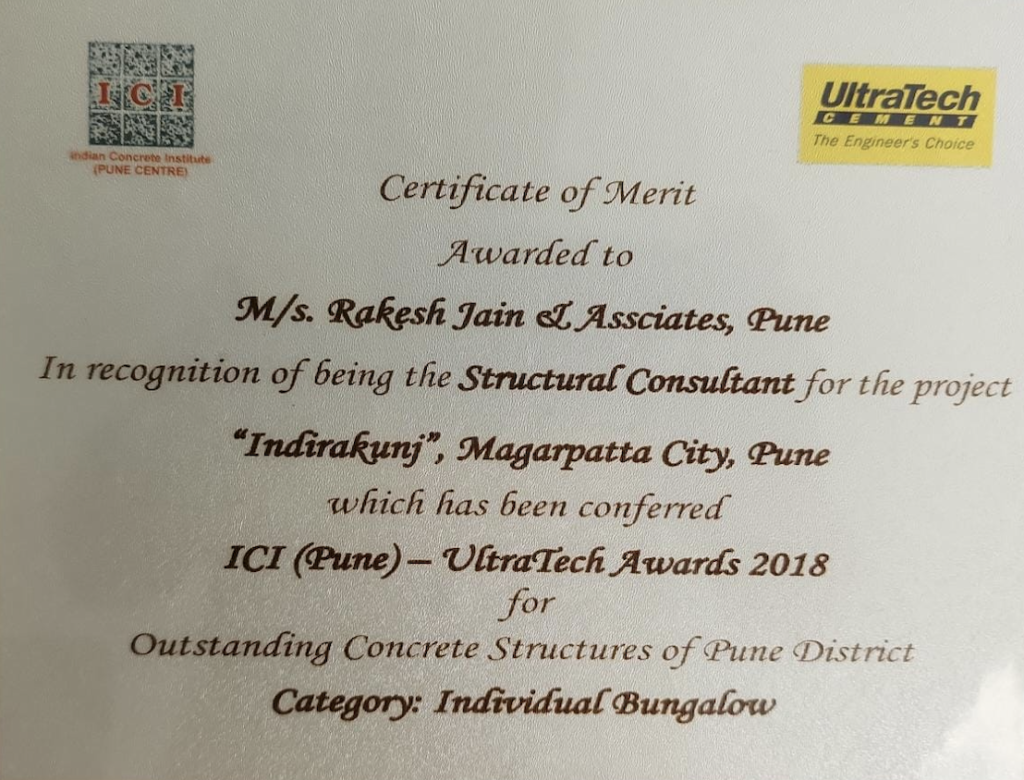In the realm of construction endeavors, structural stability certification services emerges as a pivotal component, safeguarding the solidity and endurance of edifices and infrastructural marvels.

This discourse embarks on an exploration of the essence of structural stability certification, underscoring its critical role in fortifying the safety of constructions and elucidating why it demands unwavering attention from engineers and construction entities alike.
Deciphering Structural Stability
At its core, structural stability embodies the resilience of a framework to uphold its structural integrity amidst a myriad of stressors, encompassing gravitational forces, winds, seismic disturbances, and environmental impacts.
A certified stamp of structural stability validates the ability of a building or infrastructure to endure these pressures without compromising its safety or operational functionality.
Assurance of Safety
Foremost among the rationales advocating for structural stability certification services is the assurance of safety it affords.
Structures lacking this certification are predisposed to the peril of structural collapse, precipitating property damage, bodily harm, or even loss of life. Through certification, engineers and construction entities manifest their unwavering dedication to safety standards, thereby aligning with industry norms and regulatory protocols.
Adherence to Building Codes
Structural stability certification services invariably aligns with the mandates stipulated by local building codes and regulatory bodies. These codes delineate the bare minimum safety benchmarks for construction undertakings, aimed at safeguarding public interests and fortifying the structural robustness of buildings and infrastructure.
Non-compliance with these stipulations could culminate in legal ramifications, penalties, or project approval impediments.
Mitigation of Risks
Certification serves as a linchpin in risk mitigation endeavors for engineers, architects, and construction enterprises. Through comprehensive structural appraisals and subsequent certification, professionals can pinpoint latent vulnerabilities or weaknesses within a structure, thereby instituting preemptive measures to mitigate potential risks.
This proactive modus operandi significantly curtails the likelihood of structural mishaps during construction phases or throughout the lifespan of the edifice.
Augmentation of Structural Stability Certification services In Pune
The pursuit of structural stability certification services In pune invariably augments the reputation and credibility of engineering firms and construction enterprises.
Clients and stakeholders exhibit a proclivity towards organizations that espouse safety imperatives and uphold industry benchmarks. Certification serves as a tangible testament to competence and professionalism, distinguishing certified practitioners from their counterparts.
Long-Term Fiscal Prudence
While the acquisition of structural stability certification services may necessitate an initial investment outlay, its ramifications extend towards long-term fiscal prudence for property proprietors and developers. Certified structures exhibit a diminished susceptibility to exorbitant repairs, maintenance exigencies, or legal entanglements arising from structural deficiencies.
Furthermore, certification engenders an uptick in the resale value of properties, rendering it a judicious investment avenue for both residential and commercial ventures.

